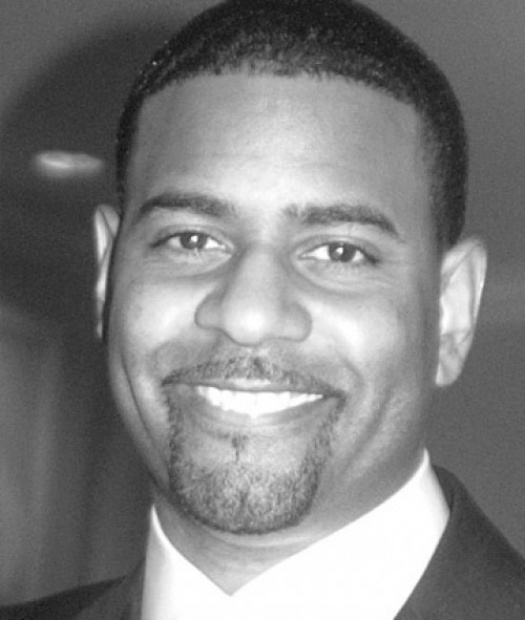
All my life I have been inspired by the work of Dr. Martin Luther King Jr. and my father, a King adviser, Dr. Otis Moss Jr. The prophetic brilliance of Dr. King to speak about democracy and the divine in the same breath, to this day, sends a chill up my s
I have asked my parents often: “How did you handle the pressure?” “Did you realize you were in the middle of the delivery room as America, with deep labor pains, gave birth to democracy?” My parents usually replied with smiles and southern humility before adding, “We were on the right side of history.”
As the new pastor of Trinity United Church of Christ, I sense the labor pains of democracy are once again forcing America to give birth to a new sacred dialogue about race and class, because a doctor/preacher has pushed us as a country into a painful but long overdue labor and delivery. I am convinced that much of the recent controversy stems from the deep racial and social divisions and misunderstanding of African American sacred rhetoric.
The words of Dr. Jeremiah A. Wright have provided the American people an opportunity to give birth to a new conversation about race or abort the dialogue and substitute it with truncated rhetoric about what should and should not be said from behind the sacred desk.
If we examine briefly the tradition Dr. Wright follows, we get a closer glimpse of the dialogue I believe our country is trying to birth. He stands in the prophetic tradition of biblical truth-tellers, such as Amos and Micah. King preached from Amos 5:24, “But let judgment run down as waters and righteousness as a mighty stream.”
Dr. King’s prophetic, cutting, abrasive and loving words forced America to confront her birth defect and original sinùracism. Drs. Wright, Joseph Lowery, Fred Shuttlesworth, Jim Wallis, Carolyn Knight, Gardner C. Taylor, James Forbes, my father and other preachers have been carrying the legacy of the Christian prophetic social justice tradition rooted in love and criticism made popular by Dr. King, the greatest prophetic voice of the 20th century.
I am convinced that much of the recent controversy stems from the deep racial and social divisions and misunderstanding of African- American sacred rhetoric. African American ministers are masters at hyperbole, metaphor and the use of subtext to speak to a community familiar with their rhetorical vocabulary.
African American preaching uses what some call “the blue note” to place before the people tragedy and sorrow during the preaching event. It should be noted that this “blue note” is always paired with “good news;” the sound of sorrow must be played before the chord of the Gospel can be introduced into the composition.
The “blue note” of preaching raises questions about the report by the Centers for Disease Control regarding how “The Tuskegee Experiment” used more than 300 illiterate Negro farmers in Macon County, Ala., as guinea pigs from 1932-1972 to test the affects of the syphilis virus. This is a tragic chord of American history.
The “blue note” of preaching lifts up information in the March 23 issue of the New York Times, disclosing that America spends $5,000 per second for the war in Iraq while Americans are losing health care.
If the only portion of a sermon heard in the African American context is the “blue note,” it leads the listener to wonder, “Where is God?” and “What kind of Word is this?” There is more to African American preaching than the tragic moment, but it’s through confrontation with tragedy that we come to grips with the fullness of God’s love.
The bloody, tragic, horrific moment of the crucifixion of Christ’s humanity puts us face to face with the deep abiding grace of God wrapped up in the “blue note” of Christ’s humiliation. The critical issue we are being challenged to come to grips with at this moment is our ability as Americans to be bi-cultural.
What an incredible gift to give our children, if we choose to be bi-cultural Americans instead of ethno-centrists locked in our own limited worldview of humanity.
The pain of this “manufactured” controversy is that our democracy is birthing a new conversation into the civic arena on race, or the grief of our democracy is crying because our cynicism aborted her child. When the history of this moment is written, I pray we will all be standing on the right side of history.
______ Copyright 2008 Chicago Defender. All rights reserved. This material may not be published, broadcast, rewritten, or redistributed.